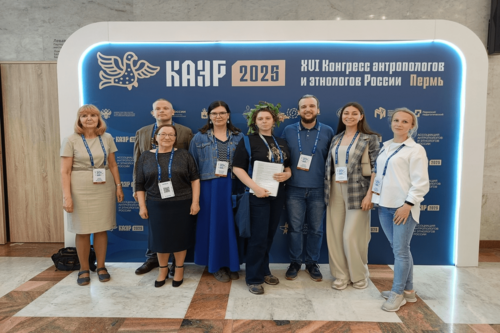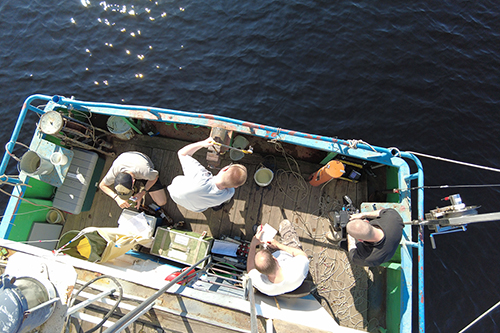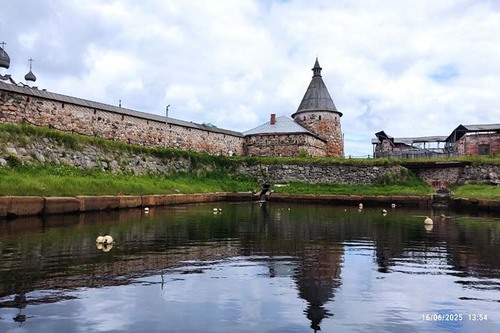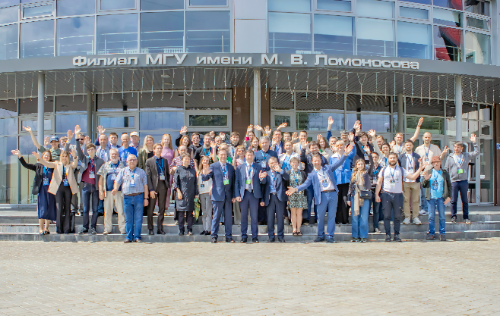A group from the Institute of Linguistics, Literature and History (ILLH) KarRC RAS took part in the Congress. It comprised researchers of the Ethnology Section, Folklore and Literature Studies Section, and the Interdisciplinary Center Nordica. Karelian scientists delivered presentations on the material culture, calendarian rites, ethno-cultural interactions in Northern Eurasia, cognitive studies of ethnicity, ethno-demographic processes, and other topics.
– I participated in the session "The Cognitive Turn in Ethnicity Studies" with a presentation on the contemporary Pomor identity, based on materials collected during field trips to northern Karelia. Ethnic identity is a complex, multifaceted phenomenon, and there are several approaches to its study. The cognitive perspective of ethnicity is that of something not objective and inborn, but a manner of world-perception that an individual acquires through socialization within the family and the local community. Participation in the session has broadened my scholarly horizons, allowed me to test a new methodology, become acquainted with colleagues' research and find common grounds, - shared her impression Junior Researcher of ILLH KarRC RAS Elvira Dzhioshvili.

Sergey Minvaleev delivering at the session “Slavs, Turks, and Finno-Ugrians of Northern Eurasia: contacts and interactions”
Photo by Anton Sobolev
For Researcher of ILLH KarRC RAS Sergey Minvaleev this was the sixth time he participated in the Congress.
– My presentation was about Slavic and Finno-Ugrian contacts in the Western Obonezhye region, as reflected in the language and culture of its population. To me, this Congress is a multidisciplinary platform, where one can both present own research to the professional community as well as learn about new studies of colleagues from different regions. It is a way to stay tuned on current trends in our science, - said Sergey Minvaleev.
The post is based on material from the Young Scientists of ILLH group







